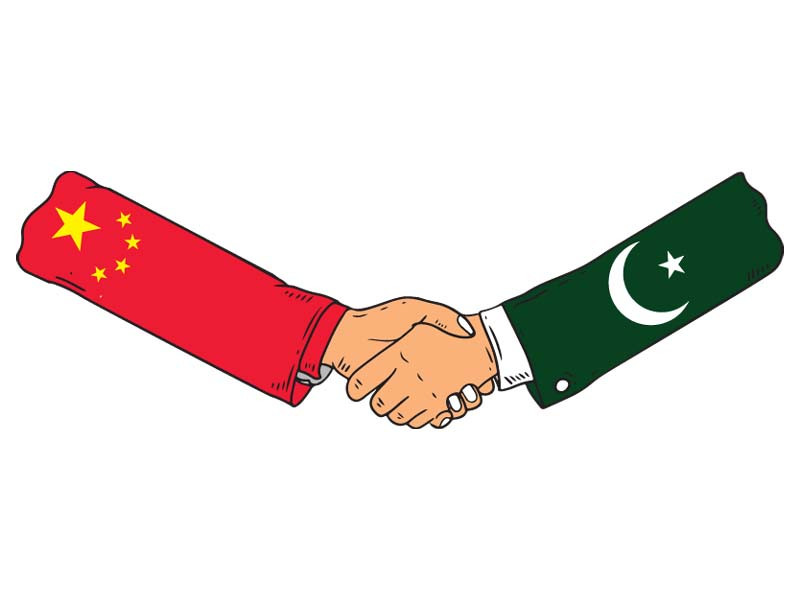
Prime Minister Anwaarul Haq Kakar’s visit to Beijing can reenergise bilateral economic relations, as China has shown interest in signing agreements for deepening cooperation in mineral sector development, green economy and research on major issues for the Belt and Road Initiative (BRI).
The areas that Beijing has highlighted for future cooperation will shift Pakistan’s usual emphasis on the traditional energy and brick-and-mortar projects.
The two-day visit of PM Kakar, which began on Monday, can prove pivotal in taking advantage of the world’s second-largest economy, including benefiting from its research.
Sources told The Express Tribune that Beijing shared its list of priorities with Islamabad before the visit of premier Kakar.
If agreed upon and implemented, these areas of cooperation could integrate the country with the BRI, said government sources. They said that the National Development and Reform Commission (NDRC) proposed to sign one agreement and seven memoranda of understanding (MoUs) during the PM’s visit.
Read China supports peace, justice, human conscience on Palestinian issue: FM
The premier is accompanied by a high-level delegation including members of the cabinet and senior government officials.
Privatisation Minister and former focal person on CPEC Fawad Hasan Fawad said last week that Islamabad had failed to take even 20% benefit from the BRI and China-Pakistan Economic Corridor (CPEC).
The 11th meeting of the CPEC Joint Cooperation Committee had also proved disappointing for Pakistan, as Beijing did not accept many demands for further investment.
The list of the agreement and MoUs suggests that China wants to focus on high-return areas, particularly the ones that are more relevant to the modern era.
China conveyed its willingness to sign the agreements during the PM’s visit, said the sources. It has proposed to sign an agreement on mineral sector development and industrial cooperation under CPEC. It is also keen on signing the Research of the Routes for Industrial Cooperation under CPEC.
There is another proposal for finalising the work plan on the China-Pakistan expert exchange mechanism. China has also proposed to sign an MoU on the expert communication mechanism for Gwadar Port development.
The port still remains underdeveloped and lacks basic facilities despite being a high priority for Beijing.
Sources said that China showed its willingness to sign an MoU for deepening research on major issues of Belt and Road cooperation and ink an MoU on cooperation in urban sustainable development.
An MoU on cooperation in green and low-carbon development and another on strengthening cooperation in digital economy could be signed.
However, Pakistan’s priorities included the framework agreement on Mainline-I (ML-I) project for firming up its design and scope, framework agreement on Karachi Circular Railway (KCR) and some road and energy projects.
Pakistan received only $25 billion in investment against the announcement of $62 billion under CPEC and one of the reasons for the low investment was its failure to set up Special Economic Zones, according to Fawad Hasan Fawad.
Sources said that the Chinese were keen to build upon the understanding reached during the visit of ex-PM Shehbaz Sharif in November last year about accelerating cooperation in mining and industrial sectors.
China has proposed to sign an agreement for in-depth cooperation in the fields of geology, mineral resources investigation, evaluation and development, mineral products development, processing and trade and investment promotion.
Beijing is proposing joint geological and mineral surveys and digital geological mapping. The focus is proposed to be on provinces that are rich in mineral resources.
China has offered technical training for Pakistani personnel in geological and mineral surveys and resources assessment, according to the sources.
Both sides will cover their own costs in cases where no Chinese grant is available. The agreement is proposed to be signed for five years, according to the sources.
China has also proposed to sign an MoU for green and low-carbon development, particularly in areas of ecological civilisation development. They would work to keep the global average temperature to less than 2-degree Celsius above pre-industrial levels.
The MoU may also emphasise the need for cooperation in green development concepts, policies, measures and exchange of practical experiences.
China wants cooperation in energy saving and conservation, dealing with plastic pollution issues and implementing guidelines for reduction of food losses and waste.
There is also a proposal for signing the MoU for strengthening the digital economy through coordination of policies and building digital infrastructure platforms. China has been emphasising the digital transformation of traditional industries such as agriculture, manufacturing and services.
A statement from the PM Office said that the prime minister would attend the opening ceremony of the Belt and Road Forum and address the high-level forum titled “Connectivity in an Open Global Economy” to be held on October 18.
The PM will hold bilateral meetings with President Xi Jinping, Premier Li Qiang and Li Xi, member of the Standing Committee of the Politburo of CPC Central Committee.
The leaders will discuss all facets of bilateral relations, with particular focus on strengthening trade and economic cooperation between the two countries.
While in China, the PM will meet with leading Chinese entrepreneurs and preside over an interactive roundtable on CPEC to explore new avenues for strengthening trade and investment ties between Pakistan and China.
The PM’s visit comes in the backdrop of ongoing celebrations marking 10 years of CPEC, the flagship project of BRI.
Published in The Express Tribune, October 17th, 2023.
Like Business on Facebook, follow @TribuneBiz on Twitter to stay informed and join in the conversation.


























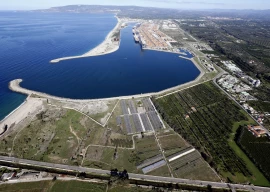
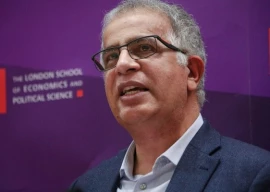



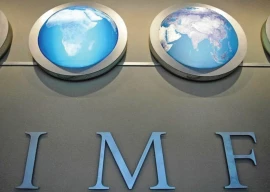
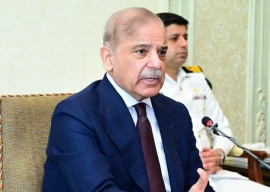






COMMENTS
Comments are moderated and generally will be posted if they are on-topic and not abusive.
For more information, please see our Comments FAQ